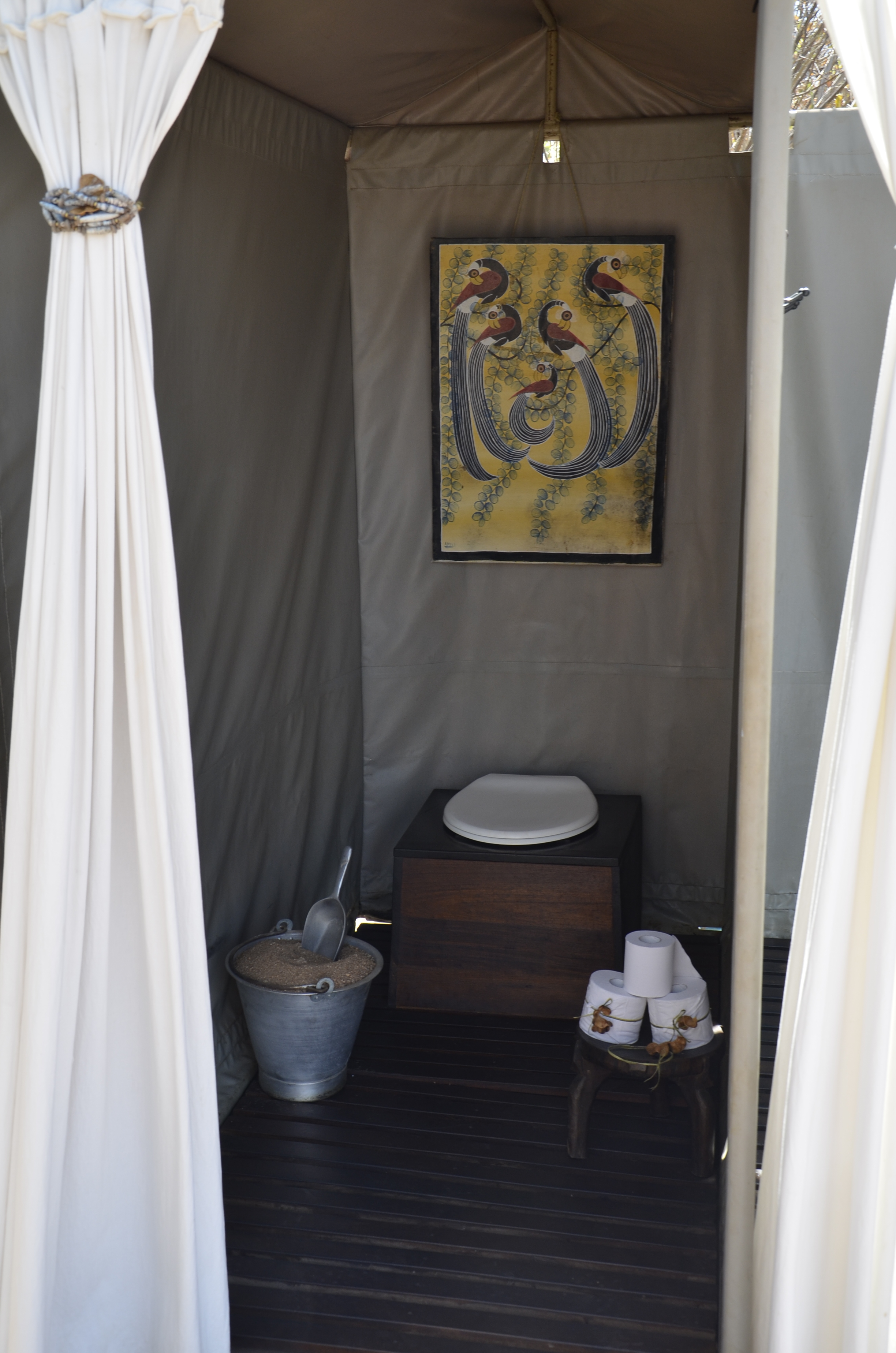Serengeti favorites, and then on to Ruaha
Before we go south to Ruaha National Park, and an entirely different ecosystem, I want to share some pics showing the richness of the Serengeti.
warthog, wildebeest and zebra
All in one shot - giraffes, buffalo, elephants and zebra (wildebeest were also there, just not in this frame):
As you may have noticed (and sent up a prayer of thanks), I didn’t inundate you with bird photos. But I just have to share 2 shots of what I considered the most beautiful bird we saw - the Lilac Breasted Roller:
And now, our all time favorite sighting in all of the Serengeti. This mother leopard and her cub made their home in a big pile of rocks that suddenly jutted out of the plain. We were positioned perfectly for unobstructed viewing and shooting, so stayed there for over an hour one day.
I think baby must have scratched her:
A leopard kiss? -
We had another private flight from Serengeti to Ruaha National Park in southern Tanzania.
As you can see, it was definitely dry season - most of the rivers we saw were just sand.
This is now the land of elephants and giant Baobab trees.
Baobabs are a very different kind of tree. They can survive having all their bark stripped off (by hungry elephants), and even lose a bunch of their interior (to thirsty elephants) and still keep growing! They are known to live thousands of years.
These were our accommodations for the next several days, in our “tented camp”:
and our “loo with a view” -
the sand is used in lieu of water, to cover up your business
this was truly our view from the loo
For those who might wonder what a bucket shower is like -
When we ordered a shower, the 20 liters of warmed water was brought to our bucket, and after filling it behind the privacy screen, was hoisted up for us to turn the lever to release the water. All 4 camps we stayed at in Tanzania used this same system. Some of the water actually smelled smoky from the charcoal/wood fires they’d use to heat the water.
I’ll close this post with a Greater Kudu - one of the most beautiful animals we saw, in my opinion.


















